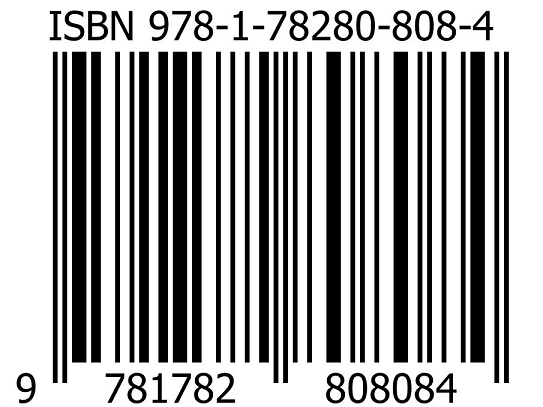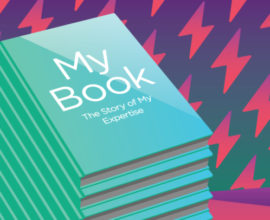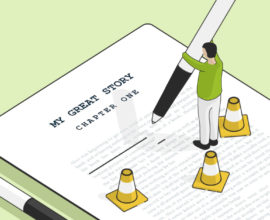All You Need to Know about ISBN
Let’s start the post like one of the many posts out there the abbreviation of ISBN. It stands for International Standard Book Number. In simple words, it’s a unique identification number for your books, whose purpose is to maintain stocks and help book searchers, who do not have proper information on the title of the book and its author name, find books and their preferred editions. This was very useful when there was no internet and records and registers in libraries and bookstores were few ways to track books.
It is used to track sales, maintain inventory, and the information on order processing by distributors, libraries, and the likes.
Here, we’ll look at some of the basic information on ISBN numbers, without getting on the technicalities of knowing the procedure of getting an ISBN number. Start with knowing the parts of an ISBN number.
Parts of an ISBN Number
An ISBN number, consisting of 13 digits, is classified into five parts:
- A 3-digit number that indicates the book industry
- A section to identify a publisher; every publisher has its unique number.
- One that indicates the country of publication
- A title identifier section that has unique numbers assigned to every title and every edition
- A check digit, which is at the end of the ISBN number, which validates the ISBN number
Does ISBN cover Copyrights Protection?
Getting an ISBN number for your book does not, in any way, guarantee copyrights protection for your book. Getting copyrights registered for your book is a different process altogether. ISBN numbers only identify books and their titles.
Who Applies for ISBN?
In general, it is the publishers who apply for ISBN number in case of traditional publishing. Conceptually, ISBN numbers are applied by persons or organizations and companies that initiate the production of books. So, if you’re self-publishing, it is you or your self-publishing company that has to apply for an ISBN number for your book.
Do you need an ISBN number for your Book?
If you’re planning to sell your books, you need to get an ISBN number assigned to it. However, if your book is intended for private circulation such as distribution in workshops, training manuals, brochures, and the likes, you need not necessarily have an ISBN number for your book. Also, if you have plans for commercializing the content that you sent for private circulation someday in the future, you can get an ISBN number assigned to it.
When does an ISBN number change?
If you have released a new edition of your book and are selling it in the market, you need to apply for an ISBN number. At this time, your book receives a new number, despite the title remaining the same. On the other hand, your book doesn’t need an ISBN number if you’ve just made changes to your book’s cover or have revised it on the aspects of grammar.
If you’re serious about publishing your book in the market, get an ISBN number for it. Hope this post helped you in knowing what ISBN actually is.





